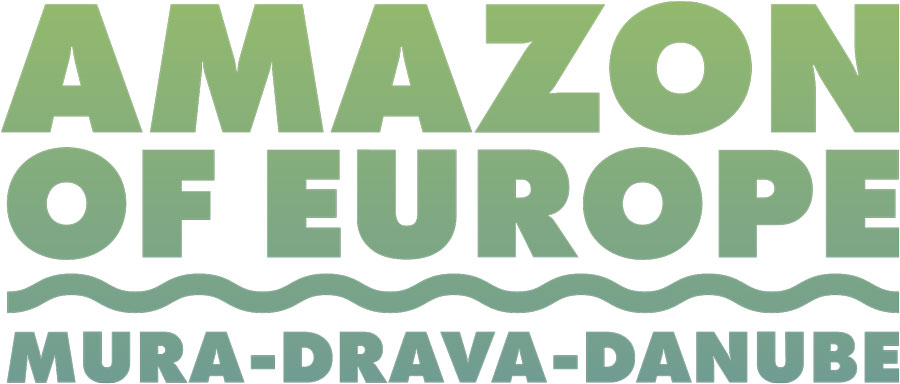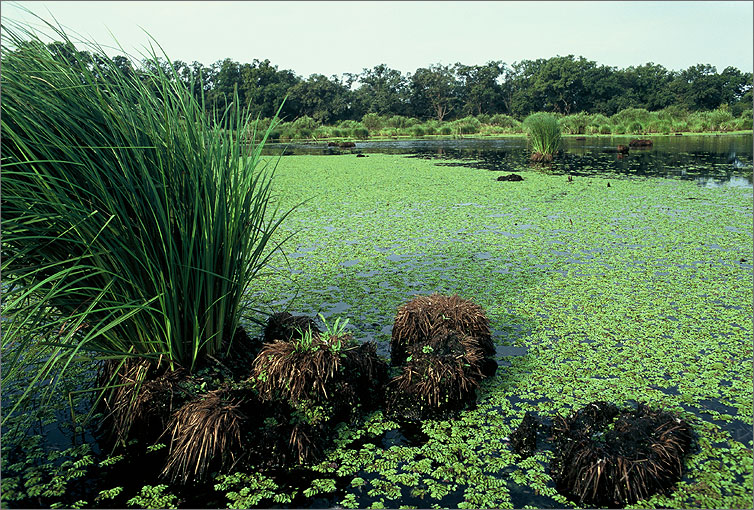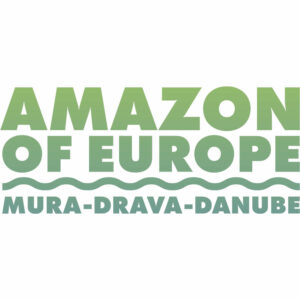Important habitats in the Gornje Podunavlje Reserve get new life
Belgrade – WWF and the Coca-Cola system have been cooperating to restore wetlands and floodplains in the Special Nature Reserve “Gornje Podunavlje” for six years now. So far, the habitat restoration has resulted in establishing all environmental functions of the Semenjaca and Sarkanj ponds as well as of wetlands at Strbac, while works in the area of Siroki Rit are still in progress. This area is part of the future UNESCO Crossborder Biosphere Reserve “Mura-Drava-Danube”, also known as Europe’s Amazon.
Floodplains and other wetland areas are Europe’s jungles — among the most biologically productive areas, important as nurseries for fish and other wildlife as well as for water purification and flood management, among other things. However, more than 80 percent of the Danube’s floodplains have been lost due to regulation of river watercourses for river traffic and agriculture in the last 150 years. The cooperation between WWF and the Coca-Cola system was launched to restore specific natural areas and their natural function. Owing to the work in the restored natural habitats executed so far, a positive impact has been made on numerous protected plant and animal species. Revitalisation has contributed to the preservation of natural features of the areas, improvement of the protection status of specific species and development of sustainable tourism and local communities.
The restoration projects in Gornje Podunavlje are part of the Living Danube Partnership between WWF, the Coca-Cola system as well as the International Commission for the Protection of the Danube River (ICPDR) to restore former floodplains and wetlands not only in Serbia but also in Austria, Bulgaria, Croatia, Hungary and Romania. The 7-year, USD4.4 million partnership seeks to increase the river capacity by 12 million m³ (i.e. the volume of 4,800 Olympic swimming pools) and restore more than 53 km² of wetlands (i.e. the area of 7,422 football pitches) by 2020.
“Bearing in mind that water is a limited resource, which represents the main ingredient of our beverages, our support to this project is focused both on raising public awareness regarding the global significance of water preservation and our sustainable business principles. In the past six years, our cooperation with WWF has resulted in the revitalisation of natural habitats and enabled development of sustainable tourism and local communities. We are committed to replenishing the volume of water we use in the production of our beverages and other production processes to local communities and nature by 2020, and we are on the right track to achieve that even sooner. In that respect, this project is highly significant,” said Sofia Kilifi, the Coca-Cola system representative.
“Together, WWF and The Coca-Cola Company – alongside local authorities and organisations in the countries that the Danube River passes through – are conserving and restoring these vital wetlands and floodplains for the benefit of people and nature,” said Andreas Beckmann, Director of the WWF Danube-Carpathian Programme. “At the same time, we aim to create a regional movement for wetland conservation and restoration as well as good water stewardship.”
After restoring the functions of the Semenjaca and Sarkanj ponds, revitalisation of the third wetland, Siroki Rit, covering the area of 53 hectares, was launched in 2016. Scientific surveys of algae and birds on the territory of the restored Semenjaca and Sarkanj ponds were also conducted last year, and results have shown that the revitalisation was successful, as reflected in the diversity of florae and bird fauna.


